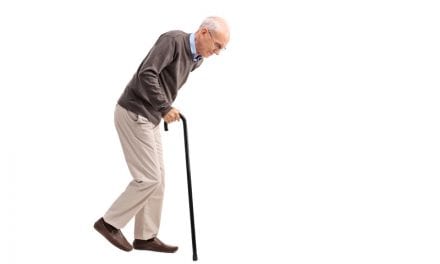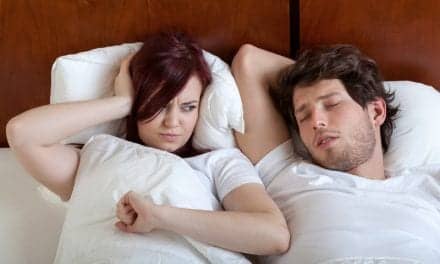A new study from Rush University Medical Center has found that as women move through menopause, difficulty in falling asleep and staying asleep increases. Additionally, waking up earlier than planned increases through late perimenopause but decreases when women become postmenopausal.
Researchers investigated 3,000 women between the ages of 42 and 52. All of the women were beginning menopausal transition when they enrolled in the Study of Women’s Health Across the Nation (SWAN). For up to 7 years, the participants were interviewed about their sleep patterns and vasomotor systems such as hot flashes and cold sweats.
The study found that sleep changes might be attributed in part to the women’s changing hormone levels. Decreases in estradiol were associated with trouble falling asleep, while increases in estradiol and follicle stimulating hormone were both associated with waking several times in the night.
Whether a woman was naturally menopausal also seemed to have an effect on sleep patterns. For naturally menopausal women, those who were on hormone therapy had less trouble falling asleep and waking several times during the night than those who were not on hormone therapy. Women who were surgically menopausal without hormone therapy treatment were most likely to report trouble falling asleep and waking several times.
“Although we found some evidence that hormonal therapy could benefit these menopausal sleep-related symptoms, this was not a consistent finding across all groups compared, so the role for this particular treatment needs more study,” says principal investigator Howard Kravitz of the Rush University Medical Center.
The study was published in the July 1 issue of SLEEP.




